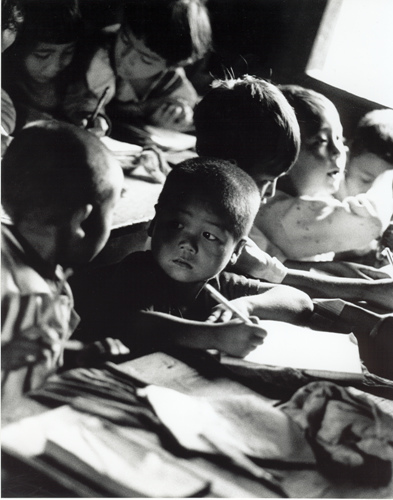 Last fall, I participated in an online seminar led by Heather T. Forbes, LCSW. The Adoption Learning Partners website offers many webinars for adopting parents. This webinar focused on the academic challenges many adopted children face.
Last fall, I participated in an online seminar led by Heather T. Forbes, LCSW. The Adoption Learning Partners website offers many webinars for adopting parents. This webinar focused on the academic challenges many adopted children face.
While not all adopted kids struggle academically, academic performance is one issue that can lead to a disrupted adoption. It is fair to say that most adopted kids struggle with academic achievement more than a typical child. The adopted child’s difficult and challenging early life experiences create this struggle. Lack of motivation, acting out behaviors, failing grades, and power struggles with teachers are the kinds of problems that can occur.
The biggest issue, according to Ms. Forbes, is a lack of understanding among parents and educators about why adopted kids have resistance to academic success and school in general. This gap in understanding comes from the fact that adults unconsciously expect kids to think like adults, not like traumatized kids. This means we expect kids to respond in a rational, cognitive way, even though these kids are wired to be more emotional and impulsive, by their developmental stage and by their chaotic and risky past.
The important message for parents to understand, and then convey to school staff, is that the child’s behavior is rooted in his or her attempts to cope, not a typical behavior problem. Traumatized kids, which includes nearly all adopted kids, remain highly sensitive to stress throughout their lives.
This sensitivity to stress means typical classroom situations that an average kid can manage may become totally overwhelming to an adopted child. This overwhelming stress triggers the acting out, the failing grades, and the apparent “bad attitude.” If the school responds with traditional interventions, like removing privileges, criticizing the student, or predicting negative future consequences, then the overwhelmed child will remain overwhelmed and emotionally dis-regulated.
An overwhelmed or emotionally dis-regulated kid cannot focus on academic content. The part of the brain that can handle rational, cognitive thought is shut down. Decreasing your child’s experience of stress will increase his or her academic ability. Parents and teachers should pay attention to the unique “pinch points” in the child’s day and change the situation to decrease his or her stress.
When interacting with school staff, Ms. Forbes recommends telling them, “My child is very sensitive to stress or highly sensitive to stress due to their early life experiences.” She recommends asking teachers to help prepare your child for transitions, be wiling to adjust and modulate the workload, and stay focused on your child’s needs in the present.
She recommends creating a secure foundation for your child at school by making sure your child has at least one safe adult relationship at the school. This adult needs to be willing to provide 5-10 minutes of support for your child each day. Parents can also request that their child’s free time and social experiences are regulated, like allowing a kid to go to the library instead of the playground for recess. She recommends encouraging teachers to intervene as soon as they notice the child is struggling, before they are overwhelmed.
Communicating your child’s needs in terms of stress sensitivity will also help you advocate for your child at school without revealing any details about the early experience. As we often say, the details of your child’s adoption story are theirs to share. By asking teachers and staff to help monitor and manage your child’s high sensitivity to stress, you can work toward meeting your child’s needs without violating their privacy.
Photo Credit: Richard Thompson
For more information about MLJ Adoptions’ international adoption programs, please click here.
